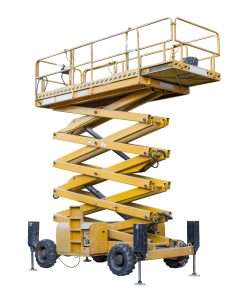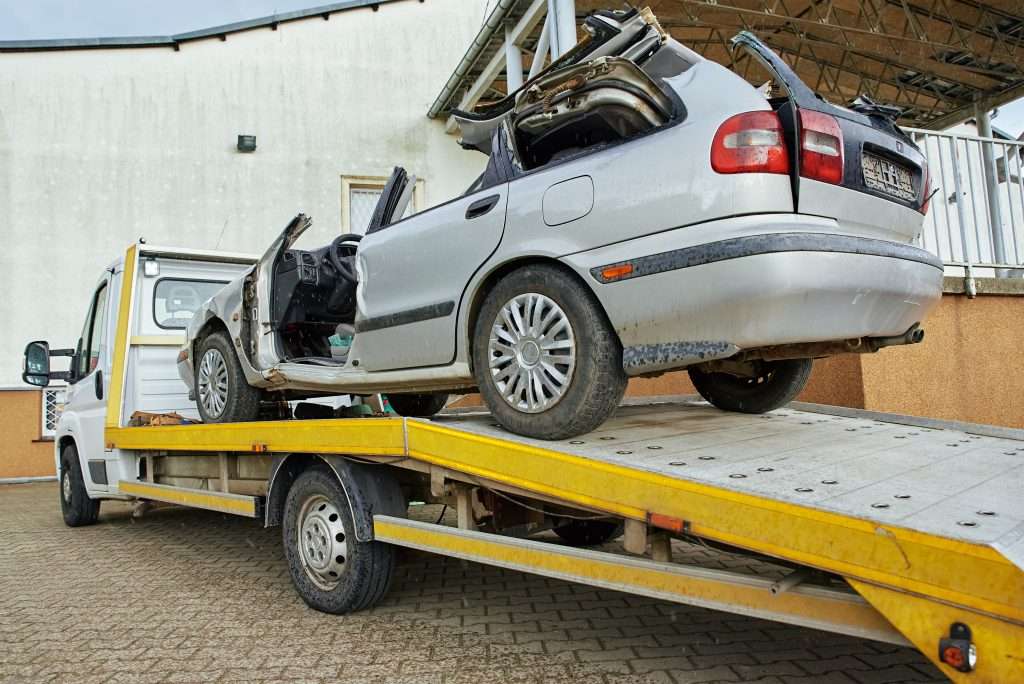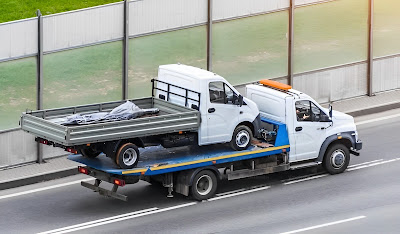Towing & Roadside Assistance: Heavy Duty Vs. Light Duty
Suppose you’re driving along a busy highway, and suddenly, your vehicle starts making strange noises or experiences a mechanical failure. Alternatively, you might find yourself involved in a road accident, rendering your vehicle immobile. In these situations, a towing service becomes an indispensable lifeline. Towing services are crucial in providing emergency roadside assistance, ensuring safety, and granting peace of mind to motorists facing unexpected vehicular mishaps.
One of the primary advantages of towing services is the convenience they provide. Instead of figuring out how to move your immobile vehicle or worrying about its safety, you can rely on a professional towing service to take care of everything. This convenience grants you peace of mind, knowing that your vehicle is in capable hands and will be transported safely to the desired destination.
A towing company, also known as a tow truck company or wrecker service, is a business that provides towing services to individuals, businesses, and government entities. Towing companies specialize in transporting vehicles that are disabled, damaged, or improperly parked from one location to another. They use specialized vehicles called tow trucks or wreckers equipped with lifting mechanisms, winches, and towing equipment to safely and securely move vehicles.
There are distinct differences between heavy-duty and light-duty towing when it comes to towing vehicles or hauling heavy loads. These terms refer to two categories of towing equipment and vehicles designed for different purposes and capacities.
Heavy-Duty Towing

Heavy-duty towing involves using specialized equipment and vehicles designed to tow or transport heavy loads, such as large trucks, buses, RVs, or construction equipment. It is typically used commercially or for moving substantial vehicles and machinery.
Heavy-duty towing requires robust and powerful equipment to handle the substantial weight and size of the vehicles or equipment being towed. This may include specialized tow trucks, known as wreckers or rotators, equipped with heavy-duty winches, hydraulic systems, and extended booms for lifting and recovering large vehicles.
Heavy-duty tow trucks have a significantly higher towing capacity than their light-duty counterparts. Depending on the specific equipment and configuration, they can handle towing loads ranging from 10,000 pounds (4,536 kg) to well over 100,000 pounds (45,359 kg).
Due to the size and weight of the vehicles involved, heavy-duty towing requires specialized training and expertise. Safety measures, such as proper load balancing, secure tie-downs, and adherence to towing regulations, are crucial to ensure safe transportation and minimize risks.
Heavy-duty towing services are generally more expensive than light-duty towing due to the specialized equipment, training, and expertise required. Additionally, heavy-duty towing services may be less readily available in some areas as they cater to specific commercial or industrial needs.
Light-Duty Towing

Light-duty towing refers to services catering to smaller vehicles, including cars, motorcycles, vans, and small trucks. It is commonly used for roadside assistance services, small-scale transportation, or moving personal vehicles.
Light-duty towing generally employs smaller tow trucks, flatbed trucks, or wheel-lift trucks. These trucks typically have less towing capacity and may use a variety of towing mechanisms such as hooks, chains, or wheel-lifts to secure and transport vehicles.
Light-duty tow trucks are designed to handle lower weight capacities, usually up to 10,000 pounds (4,536 kg). They are suitable for towing passenger vehicles, small trucks, and motorcycles.
While light-duty towing may not involve the same level of complexity, safety remains paramount. Towing operators should still adhere to safety protocols, secure the vehicle properly, and follow local regulations to prevent accidents or damage during transportation.
Light-duty towing services are more widely available and often offered by various towing companies and roadside assistance services providers. The costs associated with light-duty towing are typically lower compared to heavy-duty towing.
Choosing The Right Tow Truck:
Selecting the appropriate tow truck for a specific towing task is crucial. Consider the following factors when choosing between heavy-duty and light-duty towing:
- Weight and Size of the Vehicle: Determine the vehicle’s gross weight to be towed. If it exceeds 10,000 pounds, a heavy-duty tow truck is required. For lighter vehicles, a light-duty tow truck is usually sufficient.
- Towing Distance and Terrain: Consider the distance to be covered and the type of terrain involved. Heavy-duty tow trucks are better suited for long distances and challenging terrains, while light-duty tow trucks are ideal for shorter distances and urban environments.
- Special Requirements: Assess special requirements such as off-road recoveries, low-clearance vehicles, or delicate cargo. Some heavy-duty tow trucks have specialized attachments or features to accommodate these situations.
In Conclusion:
Towing services play a vital role in emergency roadside assistance motorists during unexpected vehicular mishaps. Understanding the differences between heavy-duty and light-duty towing is crucial when choosing the right tow truck for a specific task. Safety remains a priority in both heavy-duty and light-duty towing.
Whether it’s a mechanical failure, an accident, or simply a need for transportation, professional towing services provide convenience, safety, and peace of mind.
By relying on professional towing services of Tic Toc Tow, individuals can have peace of mind knowing that their vehicles will be safely transported to their desired destination.
To view the original version, visit: https://tictoctow.com/towing-roadside-assistance-heavy-duty-vs-light-duty/


Comments
Post a Comment